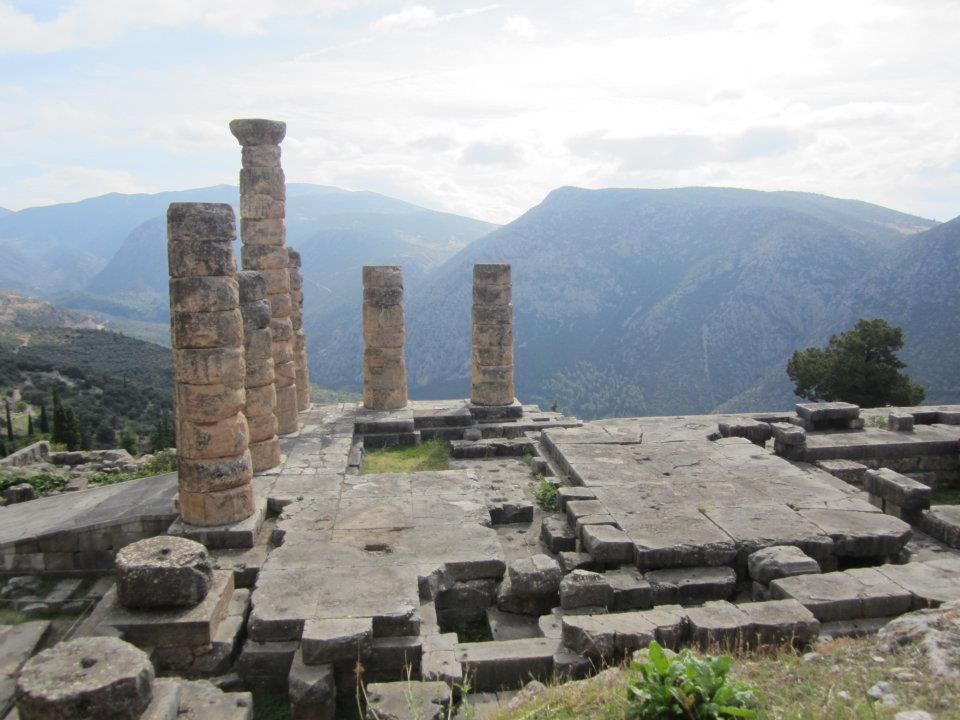I love mankind. It’s people I can’t stand. ~Linus
Mercy is messy, because no one deserves it. Judgment is the less confusing path.
We find it far easier to stand smugly at a distance and judge another’s suffering. “Stop whining, you made your choices. It’s nobody’s fault but your own.”
From our comfortable perch we can mourn over abstract principles and cultural symbols without having to love the people they represent.
Listen to us! We loyally defend inanimate ideology, while ignoring the cries of the living.
We rally for a cause, we complain about the system, while avoiding a stranger’s outstretched hand.
We adore nature while carelessly despoiling it, we sentimentalize children we’ve no intention to help, and shed tears for victims we would never allow into our homes.
Compassion doesn’t occur in us naturally. Most of us find it easier to embrace what is distant, theoretical , and simple, over the messy, unpredictable tangibility of earthly need.
In this, we do not resemble our Maker.
Mercy Is God’s Heart
“The LORD is good to all, and his mercy is over all that he has made” (Psalm 145:9). The Hebrew word for mercy here is also the word for womb. How does a protective mother feel about the child she bore? Even more fiercely does God love everything he has made.
The New Testament identifies God as the “Father of mercies” (2 Corinthians 1:3), for “he is kind to the ungrateful and the wicked” (Luke 6:35). At the heart of Jesus’ teaching we discover a counter-intuitive command. “Be merciful, just as your Father is merciful” (Luke 6:36).
Be merciful to those who hate you, curse, and mistreat you, who steal from you, demand things of you–how much messier does mercy get? And what is our motivation to obey?
That we, the unmerciful, receive the mercy of God every single day.
Learning Mercy
Pause for a moment and consider God’s handiwork, the target of his compassion. (See Genesis 1 and 2 for a complete listing).
Now ponder what is not on that list, all that is of human, or inhuman, construction. What are the symbols, the institutions, the idols, the rituals, the traditions, the assumptions–yes, even the pious beliefs–you are tempted to cherish instead?


